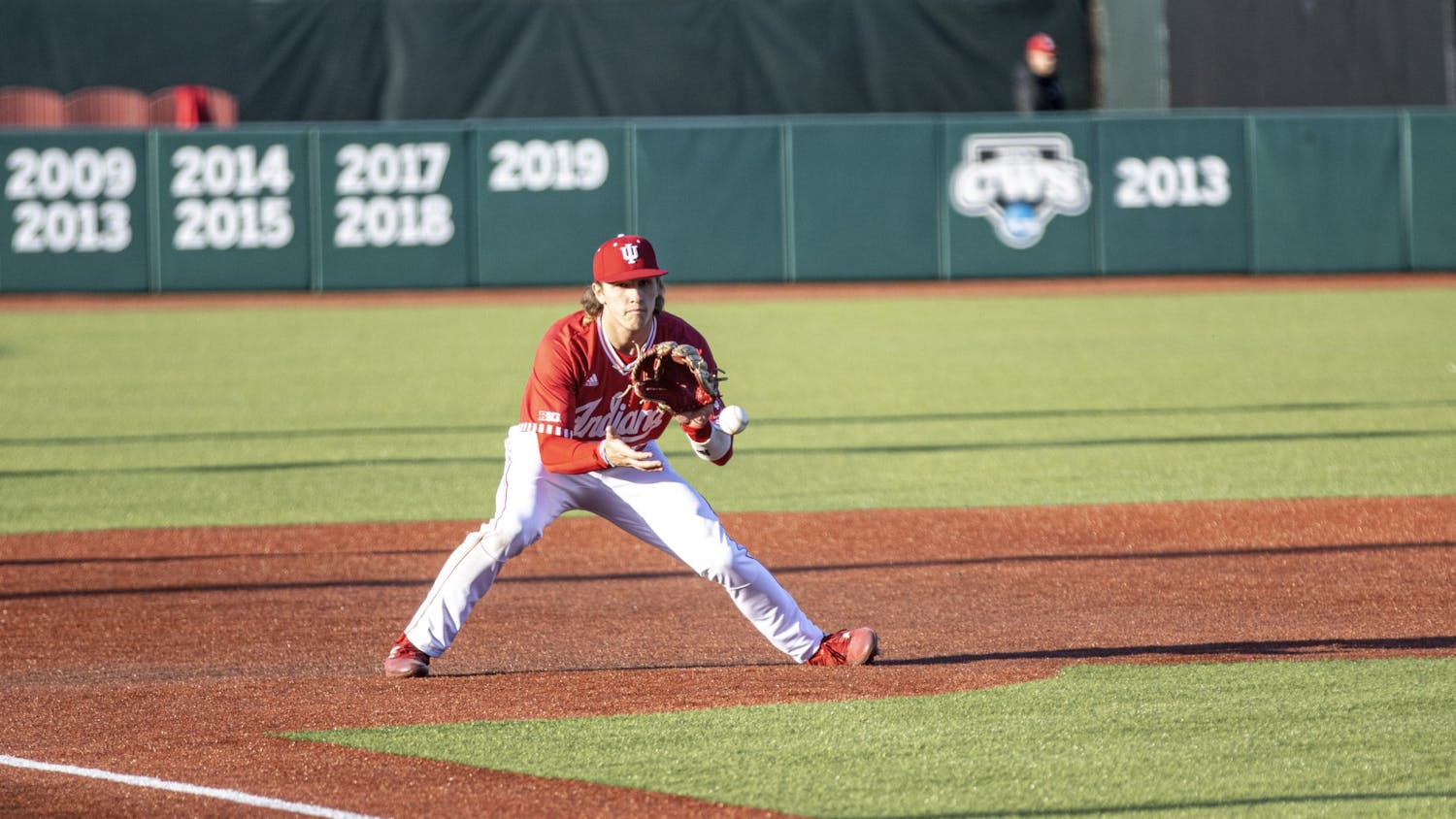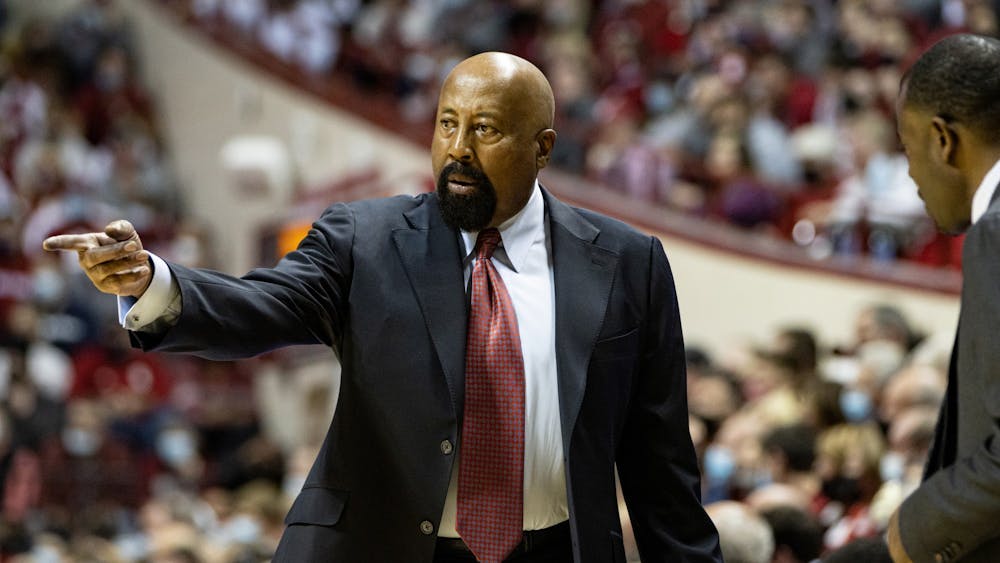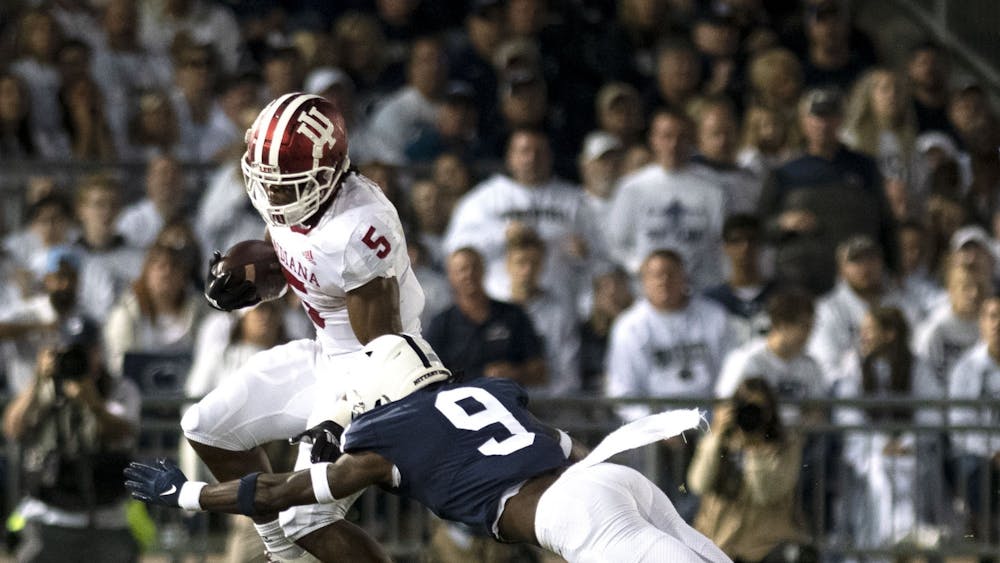It's almost an understatement to say racism has grown taboo in the United States. In fact, one might even venture to say that our nation is making significant strides to move beyond it. Our sports leagues are no different. Making even the slightest insinuation about a black athlete's natural abilities usually results in instant career suicide for a coach or announcer.\nBut across the Atlantic Ocean an entirely different world exists, and as the World Cup draws nearer, our nation might be in for a culture shock -- or world shock, I guess. But the situation is more familiar to us than we think.\nInternational soccer is no stranger to incident, but racial discrimination is much more prevalent than it has ever been. This past April, U.S. defender Oguchi Onyewu -- who is black -- was throwing the ball in for his Belgium club team when an opposing fan punched him in the face. Onlookers had been making racial gestures toward him all game.\nPlayers of color are often even pelted with bananas and subjected to monkey noises, gestures and other racial slurs. The most famous instance came last November in Italy when Ivory Coast defender Marc Zoro picked up the ball and threatened to leave the field after racist jeers from opposing fans brought him to tears. The scene sparked a debate about racism in soccer, which didn't solve much, as Zoro heard the same chants when his Messina club squad returned to Milan the following spring.\nAnd the World Cup looks to be no different as German anti-racism groups are warning non-white visitors against venturing out of Berlin to rural areas. Reports of muggings and thefts are already making the news.\nTo ward off this racist sentiment, FIFA is instituting regulations that will deduct game points from teams exhibiting on-field racist behavior. The rules, however, won't accomplish anything because they do not apply to fans in the stands, where most of the incidents occur.\nFIFA officials needn't worry, though, because this racism will work itself out. Now, I'm not saying racism should ever be ignored, endorsed or upheld in any way, but this dark era will become just that -- a time period the sport moves beyond. For proof, just look in our own backyard.\nThis recent racist influx is the result of traditionally all-white club teams containing non-white players, who aren't just bench warmers but are often marquee players, as in Zoro's case. This is very similar to what happened with our own national pastime about a half-century ago, when Branch Rickey began signing black players into Dodger uniforms. And now, about sixty years later, baseball is one of the most diverse sports, heavily featuring players who are black, Hispanic and even Japanese. \nInternational soccer is currently in the same state as baseball in the mid-20th century. Coaches, players and, most notably, fans are having to cope with the fact that their sport is changing. And much like baseball, soccer is a sport of near-sacredness to which countries often attach pride, which makes watching its complexion change a tough task for them. \nAgain, I'm not saying racism is at all justified or excusable, but the sport will mature beyond this period and some good will come out of it all. Somewhere in Europe, a 12-year-old black kid is aspiring to be the next Zoro, who will -- along with his counterparts -- be viewed in the same heroic light as Jackie Robinson. The sport will mature from being their sport to being everyone's sport. And who knows? Maybe even Americans will start caring.
World class racism
Get stories like this in your inbox
Subscribe




